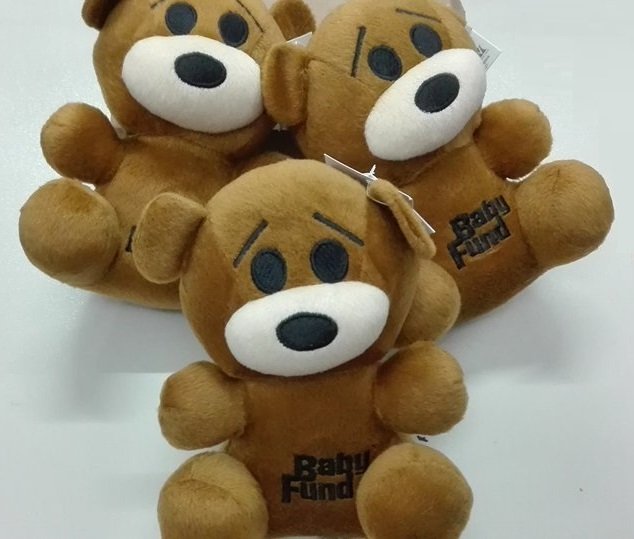By Mehwish Ayyub | Supervisor
We at Dawood Global Foundation went to an orphanage where we usually give out teddy bears to different orphans. Some of our team members were having a meeting with the administrator to discuss all the logistics and I with a colleague of mine decided to wait in the garden as we wanted to spend some extra time with the kids. While we were waiting, we noticed that one girl Huma was playing with a teddy bear that we gave her last month. Usually people ask us that why we give out teddy bears to orphans? Is it really important or not? Although we always have answers for such questions but this time we thought that we should share these answers with our wonderful donors as well or to others who have this question in mind but it never occurred to them to get the answers.
Why do kids love Teddy Bears? For the same reason that adults do! Although stuffed toys may seem “silly” or “unnecessary” to the untrained eye, they can provide many benefits.
The Human Need for Softness
The softness of a stuffed animal can provide not just emotional comfort, but actual physical healing as well. Research done on baby monkeys separated from their parents (Harlow’s studies) showed that those who had a soft, terry-cloth mother “substitute” actually thrived physically. However, those who had a wire substitute did much more poorly, even though they were sufficiently fed. Primates – and that includes us – are obviously meant to be nurtured by softness. Somehow, softness is associated with the tender feelings of mother-love and as such, can trigger bits of that warm feeling in one who encounters it. People instinctively buy soft bears or other stuffed toys as baby gifts, but as it turns out, softness appeals to more than just babies.
Teddy Helps Manage Emotional Distress
A teddy bear can provide comfort through hard times. When a child suffers a loss or when he or she is feeling fearful or upset, the inanimate object has the power to soothe and comfort. The animal “looks” as if it understands and cares, which allows a child to feel supported while he or she is all alone. Having the chance to “talk” to the bear or simply communicate emotions non-verbally is equivalent to the adult exercise of journaling. Journaling involves writing feelings out on a piece of paper or computer screen: despite the fact that no one is receiving the journaled message, journaling has been shown to be highly therapeutic, helping people to release all sorts of emotional pain and work through their issues. The teddy bear is like a blank screen for a child or teen, an invitation to process emotional pain and clear it. Words don’t always need to be expressed; emotion can be transferred in a wordless hug.
Teddy Bears Convey Love and Acceptance
People of all ages see the “love” within stuffed animals. In fact, it is possible that stuffed animals can stimulate the energetic heart center and stimulate both emotional and physical healing – perhaps one day research will reveal just such a positive effect. Meanwhile, people will continue to buy stuffed toys for themselves and their loved ones even without documented health benefits! Stuffed animals have their own quiet way of saying “I love you.” This can be very helpful to a child who feels rejected by peers or who is suffering the anger of a parent or sibling. Even in good times, stuffed animals can add love to one’s life.
Above are just few of the examples that explains the importance of a teddy bear for a kid. There are many more reasons. Just like we observed Huma, who was clutching her beloved teddy bear while reading a book. Every time she turned a page, she looked down at her teddy, lovingly and with great appreciation as if the teddy could understand what she’s saying. There are many kids at the orphanages who are really in a need for such softness, need help in managing emotional distress and want to feel loved and we want to give them all of this.
By Mehwish Ayyub | Supervisor
By Mehwish Ayyub | Project Supervisor
Project reports on GlobalGiving are posted directly to globalgiving.org by Project Leaders as they are completed, generally every 3-4 months. To protect the integrity of these documents, GlobalGiving does not alter them; therefore you may find some language or formatting issues.
If you donate to this project or have donated to this project, you can receive an email when this project posts a report. You can also subscribe for reports without donating.
Support this important cause by creating a personalized fundraising page.
Start a Fundraiser
